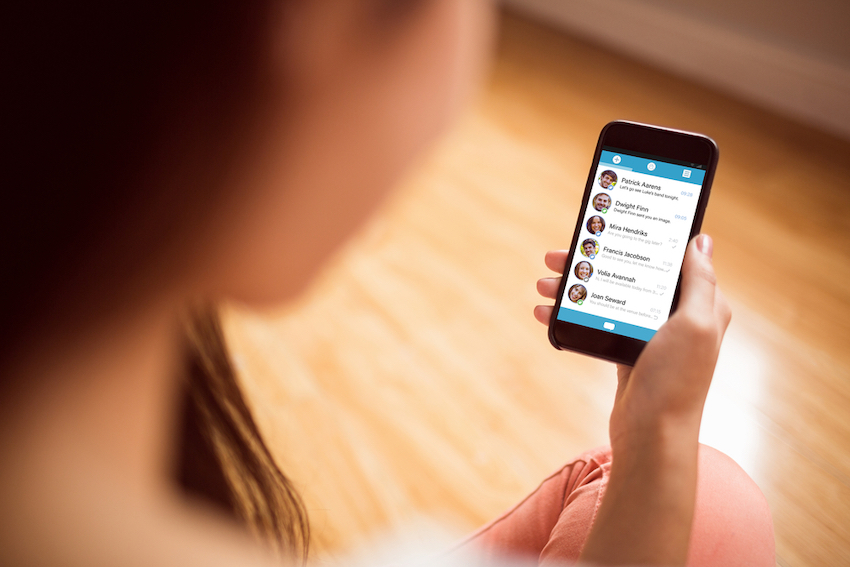
If you knew who you truly are, you’d be in awe of yourself or your own deficiency. Yet most people live their lives so out of touch with that. If you lived more in touch with the miracle that you are you probably wouldn’t choose half the things you do. You also wouldn’t feel like you need to fix or hide your true self.
Imagine yourself as a baby. Perhaps you have a photo of yourself that captures a particular moment or maybe you remember. See that in your mind’s eye. If you are struggling with how you perceive yourself today, it can sometimes help to remember that before anything happened in your life, you were a precious being.
You didn’t have to instruct yourself to start to grow up. Your body had an instinctual knowledge about what to do that is perfect for your journey. What power! Just in the same way a human doesn’t have to tell a rosebud to open and become a rose, everything in nature, us included, has innate wisdom within that fosters our beautiful selves to grow and become who we are.
Think of yourself when you were a baby again. Now picture yourself as a two-year-old. Notice the light in your eyes, your energy and playfulness, and that you are growing up knowing in every fiber of your being that you are lovely.
Now off you go to school—try to conjure a mental image of a photo from that time—are you still your bright-light self? Or somewhere around that time did the light dim, even just slightly? I hope not, but for many, things start to change somewhere between four and seven years of age. You start to believe what you hear other people saying about you. You start to create meanings from the looks on people’s faces about who you must be to be on the receiving end of those expressions and words—whether those words were harsh or just thoughtless throwaway comments that no one else noticed. And you start to doubt, for the very first time, thinking that maybe you aren’t all that wonderful, or special, or precious, or lovable, or worthy. Not consciously. You don’t tend to sit around wondering and literally asking yourself those questions, but somewhere on the inside, you start to question who you are and if you are loved.
By the time we are seven years old, psychology 101 teaches us that we have all absorbed a belief (or numerous beliefs) that we are not something enough—not good enough, not tall enough, not pretty enough, not quite enough, not loud enough, not smart enough. Just not okay the way that we are.
When we don’t value ourselves or hold a belief that we aren’t enough it can drive behaviors that can impact our health. For some, it ignites a sense of “well, what’s the point? I’m never going to look like that,” and may lead to unresourceful eating. For others, it might drive a constant desire to improve themselves—always jumping from diet to diet, covering up their perceived flaws with makeup, or turning to cosmetic surgery.
While it’s wonderful that we have all of these choices at hand, I don’t want them to be made from a belief in your deficiency. What I want is for your decisions—any decisions to do with your body and your health—to stem from love, not fear. Let’s face it, the way we feel about ourselves has an impact on every choice we decide to make. If we feel lousy about ourselves we’re less likely to go for the job of our dreams or feel secure within our relationships. We’re more likely to feel unsure about ourselves and make assumptions about how others feel about us.
We all must come to know what the driving force behind all of our choices and decisions is. For if you pull back the curtains on a belief that you are inadequate – not good enough, not pretty enough, not something – what you’ll find at the heart of this is a fear that you won’t be loved as you are. This fear is part of what makes us human, but the truth is, you don’t have to do anything to be loved. You just need to be you.


